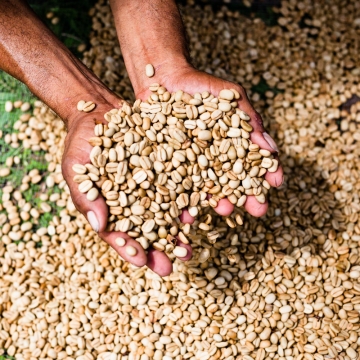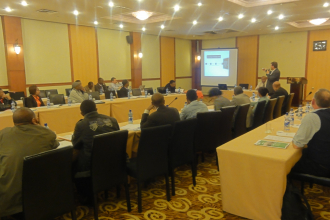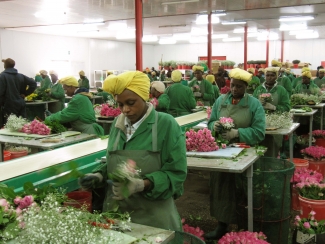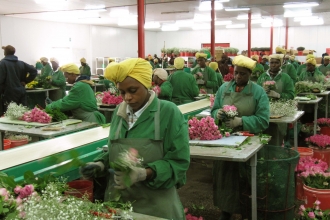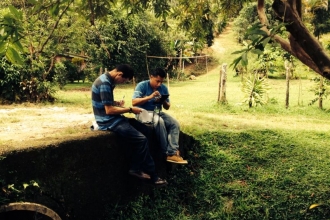
The CASCADE Project: supporting smallholder’s climate adaptation in Central America based on ecosystem approaches.
CASCADE project promotes adaptation to climate change in vulnerable communities of smallholder farmers in Costa Rica, Honduras and Guatemala, through Ecosystem-based Adaptation strategies (EbA). In
